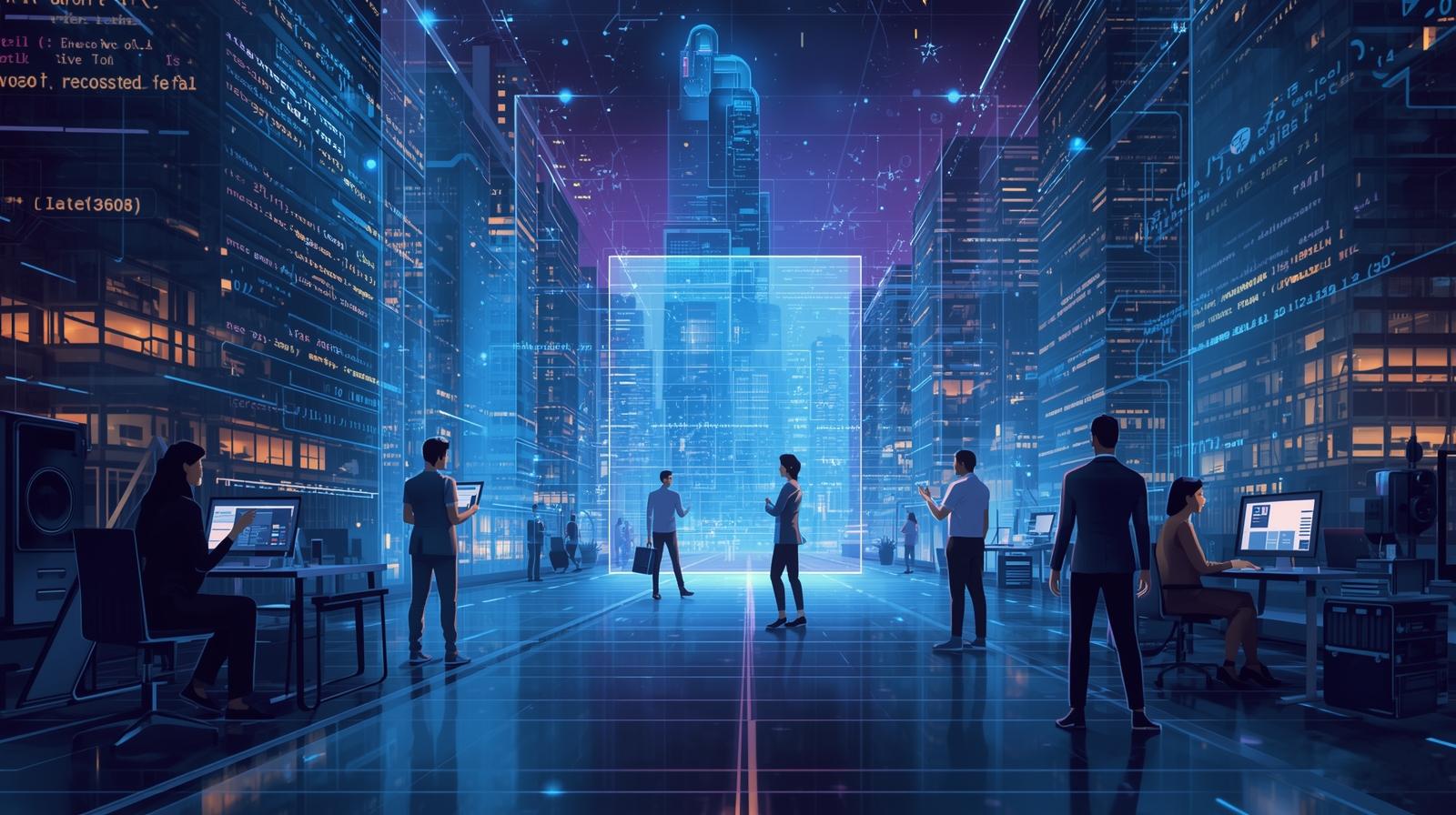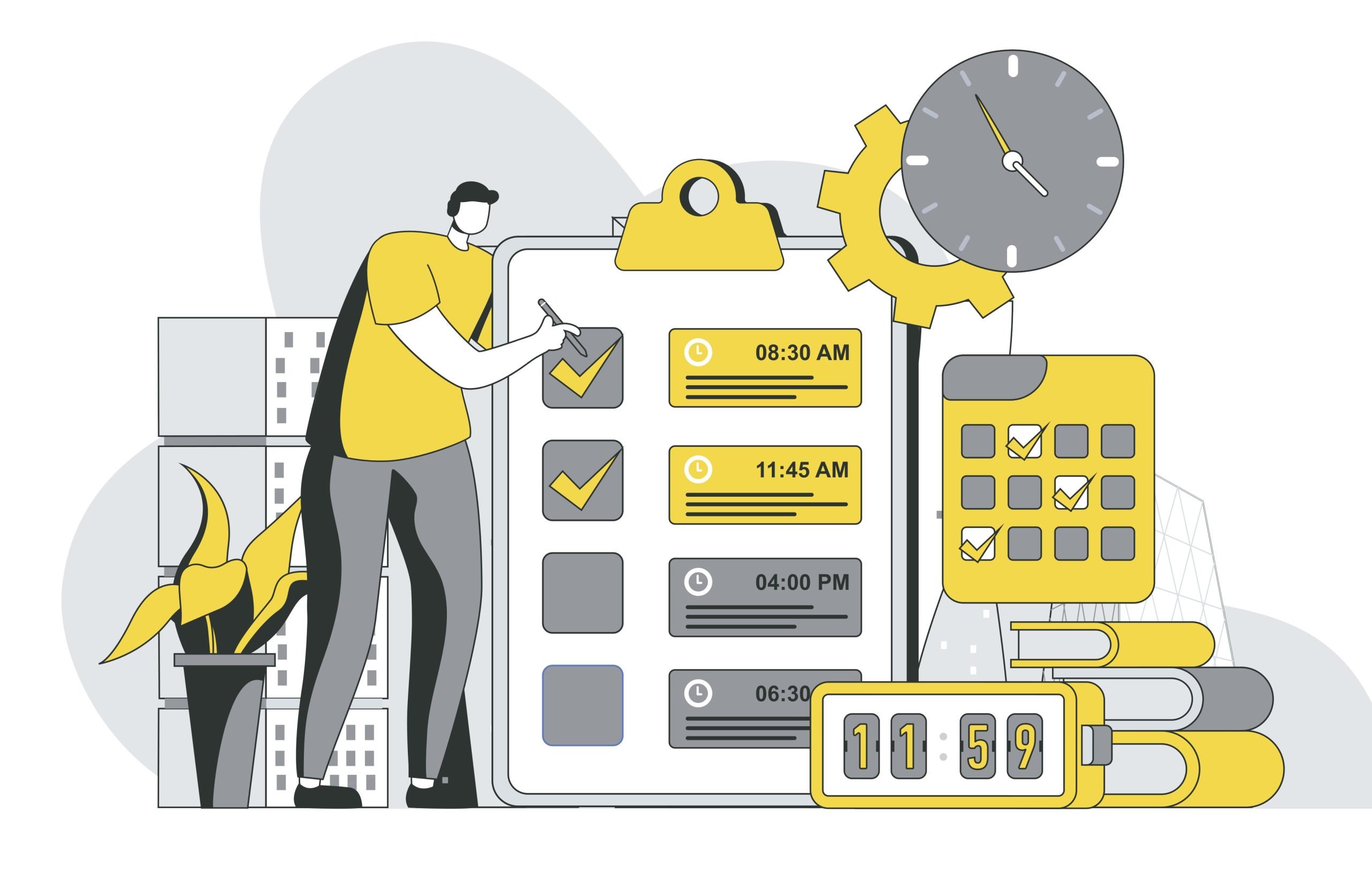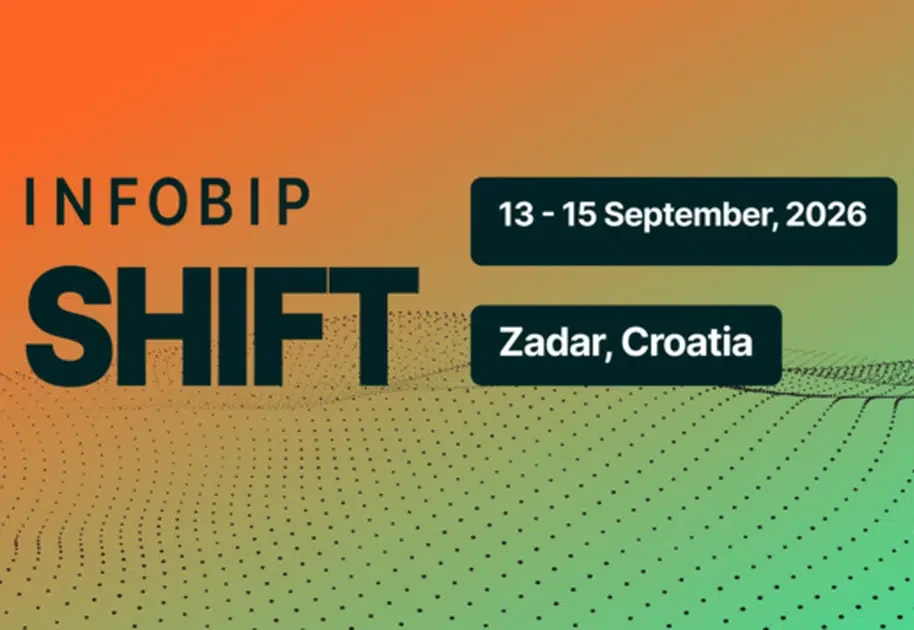I’m very excited to speak at DevOxx UK for the first time! This will also be my first time visiting the UK, so I’m really excited about the upcoming weeks! ❤ The conference runs from May 8 to May 10 at Business Design Center in London (Islington). If you’re attending, please find me and say hello – I’d love to meet you!!!
The story behind this talk
How did I get the idea?
This talk has an interesting backstory, very different from my usual topics. I’ve always been open about my partial hearing loss (I’m 55% deaf in both ears). 🦻🦻 But I didn’t plan to give this talk at first because I didn’t know if people would find it interesting.
That changed about a year and half ago. A newspaper wrote about one of my friends Josip Ivanković who is completely deaf. He graduated from Faculty of Electrical Engineering and Computing (FER) just like me. Josip shared the article about him on LinkedIn and I wrote a comment on his post. I noticed that my comment got an unusually high number of likes. So, when I talked with some of my friends and colleagues, I realized how interested and unaware people were about this topic. That’s what inspired me to consider doing this talk.
How easy was it to prepare the abstract and talk?
When I started to prepare the abstract for this talk, preparing this abstract was hardest I’ve ever done. I asked myself – How do you summarize an accessibility topic which is about your disability and that you know so intimately? It took me 3 weeks to prepare an abstract I was truly happy with. The next big challenge was preparing a talk that would be insightful, informative, impactful, powerful, and different. As this is not a standard development topic you can always hear, I knew that the topic had an unique twist because it is an experiential accessibility topic.
But overall, I am incredibly happy with the results!! The talk has gone through multiple iterations already, and I’m also working on a more technical version. I’m really excited to present a new version of this talk at DevOxx UK in a bit less than 3 weeks!
A fresh take on a powerful topic
This is not a topic I’m presenting for the first time. I presented this topic at WeAreDevelopers World Congress 2023 (remotely) and Infobip Shift 2023 and both times, my talk was at least 20-30% different. That’s the beauty in my talks – I don’t like giving the same talk twice. And this talk is especially meaningful and personal to me. I always personalize my talk for the specific conference or event. So even if you’ve seen this talk before, expect new material!
An insider’s perspective
This is a talk about hearing-impairment accessibility, presented by someone who has lived with 55% partial hearing loss in both ears their entire life. For me, this is more than a standard technical accessibility talk – it’s an open invitation into my life, to understand what it’s like to walk in my shoes.
Through this experiential journey, I’ll share the struggles I face when using products and where we can improve for everyone. We’ll explore how tech plays a role in all of this and how innovation can benefit us all even beyond Web applications.
Goals of the Session
Over 1.5 billion people globally have trouble hearing and experience some degree of hearing loss. Experts predict this will rise to 2.5 billion – about one in four people – by 2050. Hearing loss is often called an “invisible disability” because there are usually no obvious visible signs. This phrase reflects the unfair negative view society has long had, preventing many from getting the help and accommodations they need. I know very well why it is an “invisible disability” because most of people I meet don’t know that I am 55% deaf until they spend time with me and hear me talking.
With my talk, I have some very specific goals in mind:
- Raise awareness and change mindsets: We need to raise awareness and work on changing the mindsets of everyone, so that they can factor in people with hearing loss. We need to consider accessibility for people with this “invisible disability” because more and more people are affected.
- Inspire better product design: This lesser-known aspect of accessibility usually has a lot of surprise factor to the listener. But this is good in my opinion because it ensures that you will learn a lot from the talk! I want to inspire everyone to build better products by making this accessibility topic experiential and sharing my own experience about this disability. If we make our Web applications better and with accessibility in mind, they will just be better for everyone!
- Apply accessibility beyond Web apps: We can apply accessibility effectively beyond building Web applications! For example, did you know that 75% of mobile videos get watched on mute and that 80% of captioning users are not deaf at all? In my opinion, this shows us that we don’t think about only making Web applications more accessible. If we for example make videos better by providing quality live captions, we will achieve a lot and get more of our videos watched to completion.
- Think for the future: This is a disability that affects more and more people – mainly because hearing loss can now be detected at a very young age due to hearing checks within the first few weeks of birth. But it’s also something that challenges us to be innovative about solutions. There are amazing examples of accessibility that aren’t even related to Web development, and we’ll mention some of them in my talk!
I hope to see you at my session on Wednesday, May 8th from 17:50-18:40 in Room B at DevOxx UK! If you can’t make it, don’t worry – recordings will be available soon after. 😊 Let’s work together to build a more inclusive digital world!


